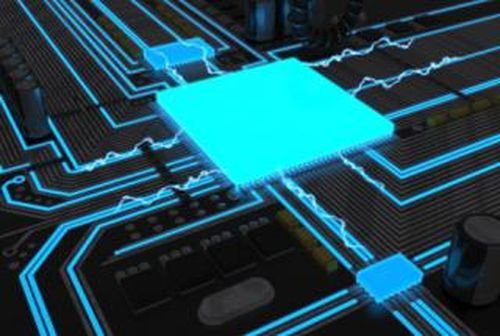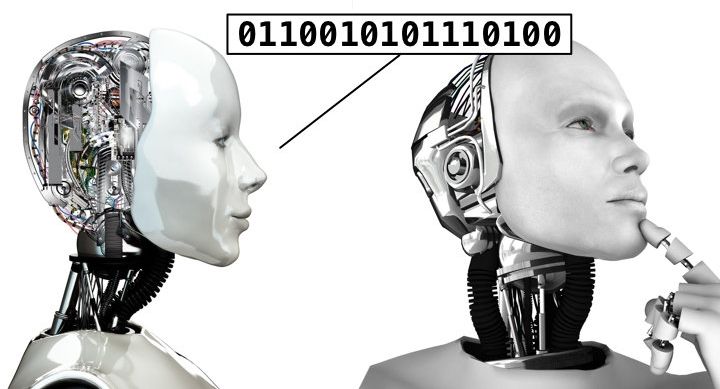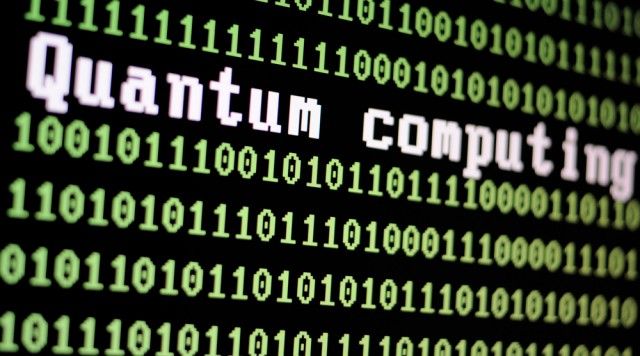Let’s say closer to 7yrs or less.
Whether quantum computing is 10 years away — or is already here — it promises to make current encryption methods obsolete, so enterprises need to start laying the groundwork for new encryption methods.
A quantum computer uses qubits instead of bits. A bit can be a zero or a one, but a qubit can be both simultaneously, which is weird and hard to program but once folks get it working, it has the potential to be significantly more powerful than any of today’s computers.
And it will make many of today’s public key algorithms obsolete, said Kevin Curran, IEEE senior member and a professor at the University of Ulster, where he heads up the Ambient Intelligence Research Group.










